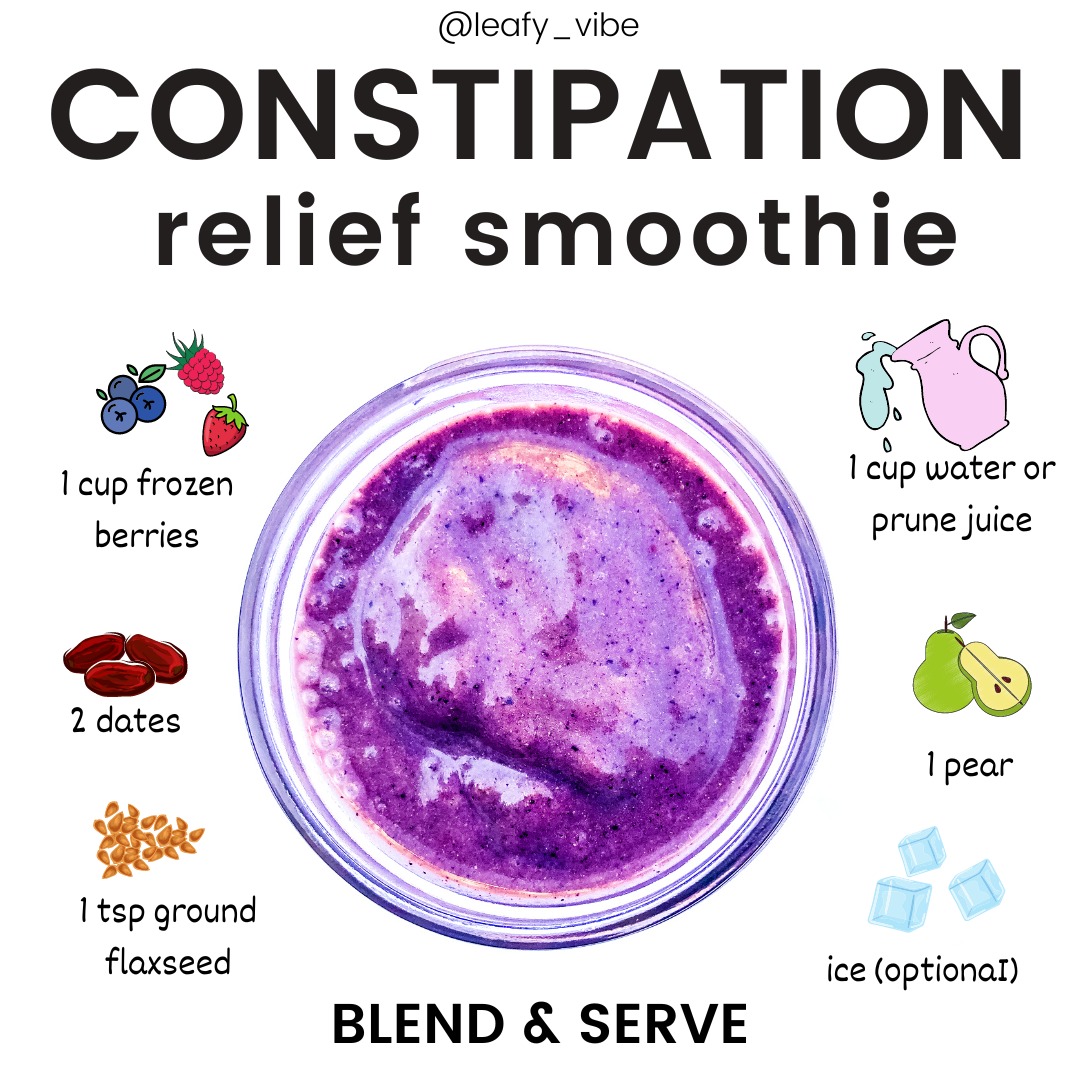Help! My Toddler is Constipated: 10 Tips to Relieve Toddler Constipation for Good
“Learn from a pediatric nurse how to resolve toddler constipation naturally without medication. Surprisingly, cow’s milk protein intolerance is the most common cause of childhood constipation. These 10 tips will help relieve and prevent toddler constipation for good!”
“How can I relieve my toddler’s constipation?
As a pediatric nurse, I hear this question from parents every day.
It can be scary to see your baby, toddler, or child suffer from constipation.
Here’s the good news…
Most cases of toddler constipation can be resolved without medication by simple, all-natural methods you can do at home.
10 Natural Ways to Relieve Toddler Constipation
Stop dairy —especially milk and cheese. Dairy is rarely talked about as a cause of childhood constipation, yet it is the most common cause of chronic toddler and childhood constipation. Many toddlers become constipated due to a cow’s milk protein intolerance (this is not the same as lactose intolerance). But don't worry. Studies have shown that when dairy was removed from the diets of children with severe constipation, the constipation resolved in about a week. When they reintroduced dairy to the same children, the constipation returned.
Increase hydration. Fluids are necessary to soften stools (poop). Give your child their own cute water bottle and encourage them to drink from it frequently throughout the day. Also, provide foods with high water content, like juicy fruits, soups, and smoothies.
Increase fresh fruits. Fresh berries, apples, pears, plums, and prunes are some of the best fruits to give your toddler to soften stools. Fresh fruit smoothies are a yummy way to get more fruit into your toddler.
Related: Complete Guide to Plant-Based Smoothies for Babies & Toddlers
Give them beans. Beans have soluble and insoluble fiber, which helps stool move through the intestines. Beans are also known to be prebiotics, which improves gut health and digestion.
Increase whole grains like oatmeal, whole grain bread, whole wheat pasta, brown rice, quinoa, and bulgur. Whole grains naturally absorb water, which adds bulk and softens the stool. It’s important your child drinks plenty of fluids when eating whole grains or mix them with water (like how oatmeal is prepared). Without enough fluids, whole grains could possibly worsen constipation. So DO give these healthy whole grain foods and be sure to encourage extra fluids.
Have your little one sit on the toilet after each meal. The bowel is often ready to move about 15-20 minutes after a meal. Sitting on the toilet should become a fun after-meal routine and a healthy habit.
Apple, pear, or prune juice is a natural laxative for toddlers. Give your toddler up to 3 ounces of juice each morning and evening until constipation has resolved. Do not dilute the juice with water; it won’t be as effective. Stick to apple, pear, or prune juice for constipation relief. Other juices are not as helpful.
Monitor your child’s poops. It’s important that you know what your child’s stool looks like. Learn what a healthy stool should look like. A healthy stool is soft, easy to pass, and occurs 1-3 times per day. In healthcare, stool (poop) is considered an important vital sign of gut and digestive health.
Give it time. Allow up to 1 week for your childs’s constipation to resolve. The intestines are a long tube, and if your child is constipated, that tube may be filled up with hard stool, and bowels may be sluggish. After implementing all the tips mentioned above, it still may take up to a week to clear out the old backed-up stool before you start seeing daily soft stools.
Make a constipation relief smoothie. Most toddlers are willing to drink a smoothie or eat a smoothie bowl and when made with the right ingredients, a smoothie can be a very effective cure for toddler constipation.
Related: Plant-Based Smoothies for Toddlers
Try this CONSTIPATION RELIEF SMOOTHIE RECIPE
Consider keeping a journal to track progress and identify triggers for constipation.
Occasionally, a toddler becomes constipated due to fear of potty training or a true physiological problem.
Please talk to your pediatrician if you’re concerned this might be the case with your child.
Remember, Consistency & Patience are the Keys to Success
In conclusion, nearly all cases of toddler constipation can be relieved by following the 10 steps outlined above.
If you have questions or concerns about your toddler’s constipation, check with your child’s pediatrician.



